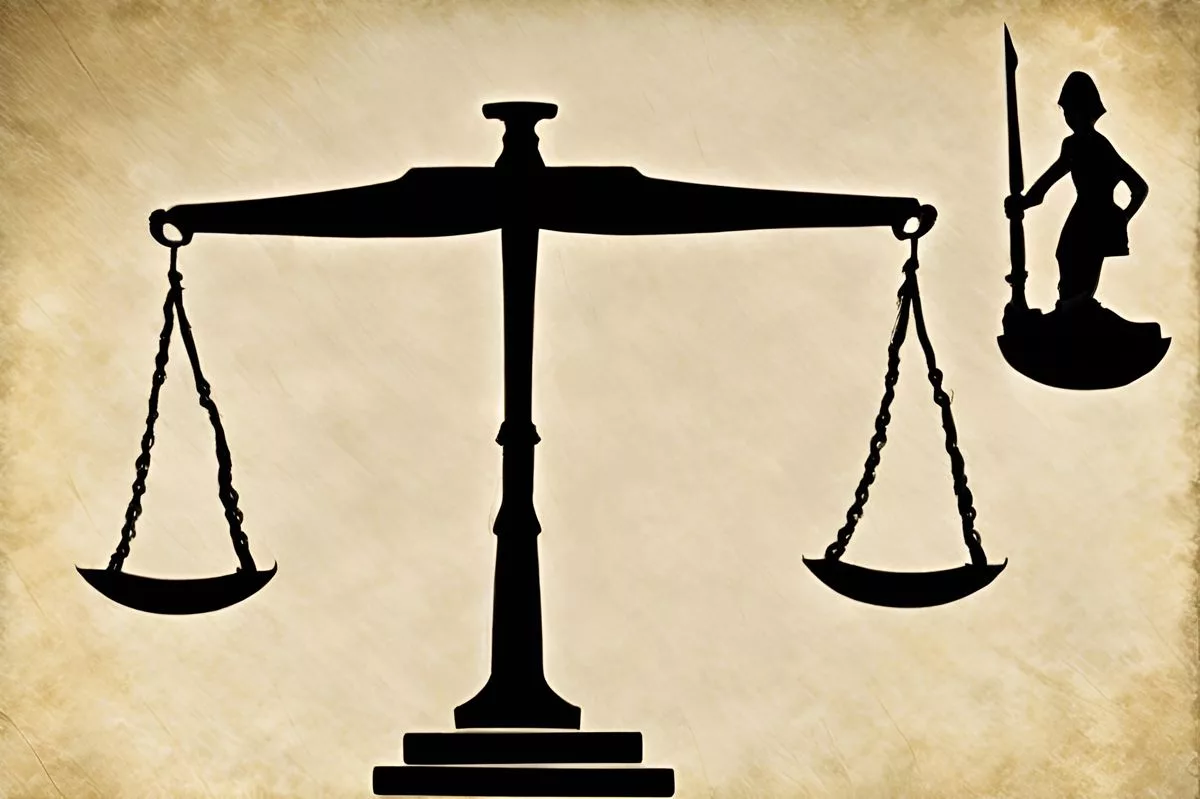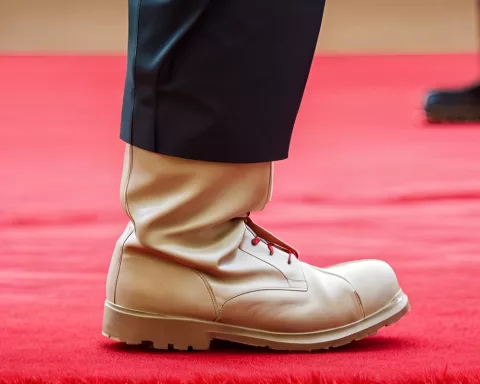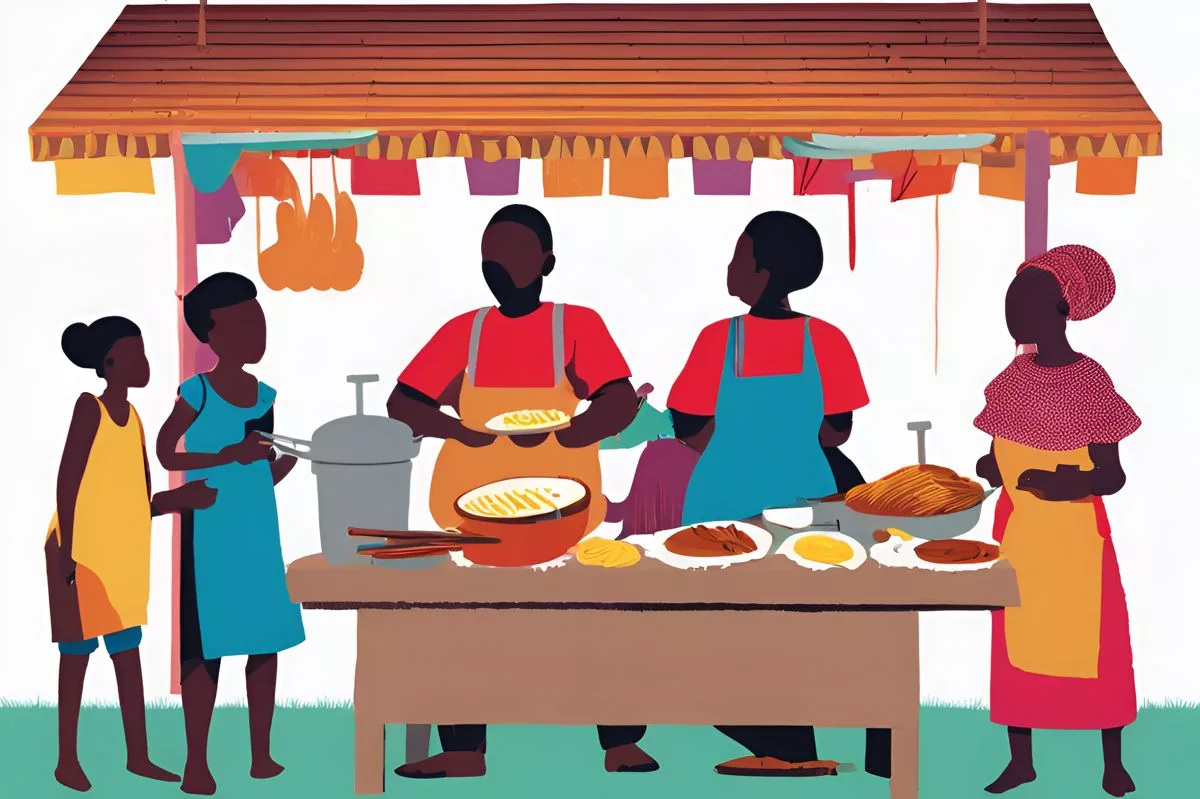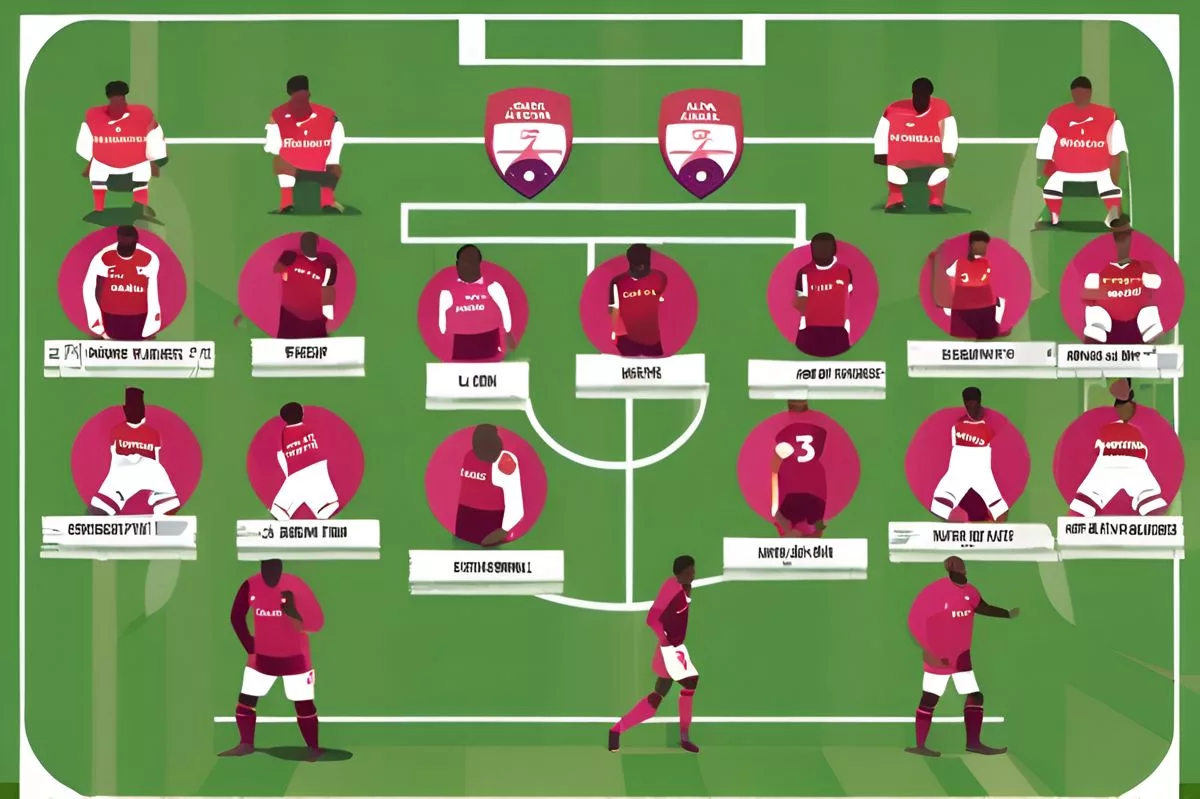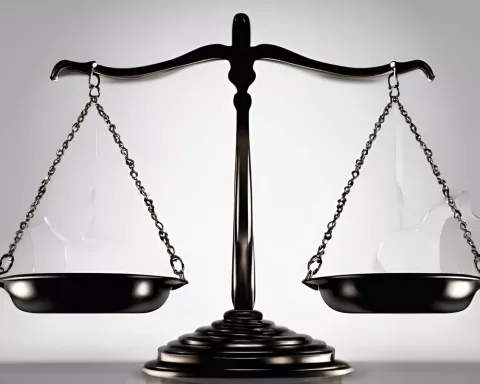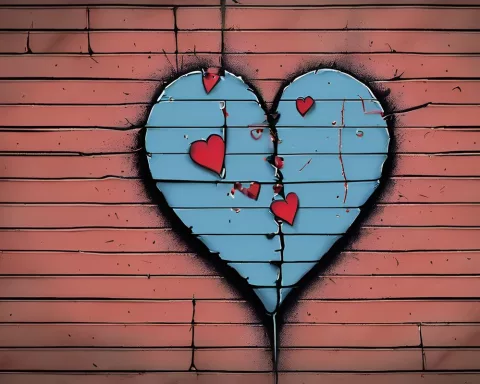President Cyril Ramaphosa has removed judges John Hlophe and Nkola Motata from their legal duties due to serious allegations of misconduct, marking the first-ever impeachment of judges in South Africa. This decision means the judges lose their “judge” titles, lifelong salaries, and associated perks. The dismissals send a message that judicial misconduct will not be tolerated, and the judiciary’s integrity and impartiality must be defended. This landmark decision also reveals the significant economic implications of the legal battle and underscores the importance of upholding the rule of law.
South Africa’s President Cyril Ramaphosa has formally stripped John Hlophe and Nkola Motata of their legal duties, marking the first-ever impeachment of judges in South Africa. Both judges were embroiled in serious allegations of misconduct, leading to their dismissal. Hlophe and Motata not only lose their esteemed “judge” titles but also forfeit their lifelong salaries and all associated perks they would have otherwise enjoyed. The dismissals symbolize a message that grave judicial misconduct will be met with strict action, and the judiciary’s integrity and impartiality must be defended at all costs.
A Milestone in South Africa’s Judicial System
In a significant turn of events, South Africa’s President Cyril Ramaphosa has formally stripped John Hlophe, the ex-president of Western Cape judge, of his legal duties. Joining him in this abrupt exit is the retired judge, Nkola Motata. This groundbreaking occurrence is unprecedented in South Africa’s democratic timeline, with the National Assembly’s Members of Parliament (MPs) orchestrating the first-ever impeachment of judges on 21 February 2024.
The Grounds for Impeachment
Both Hlophe and Motata were embroiled in serious allegations of misconduct, eventually leading to their dismissal. The Judicial Service Commission (JSC) convicted Hlophe of severe judicial misconduct in 2021, while a drunk driving conviction in 2009 led to Motata’s misconduct discovery by the JSC.
Motata’s wrongdoings trace back to 2007 when he, under alcoholic influence, crashed his vehicle into Richard Baird’s Johannesburg residence. In an attempt to shift the blame, Motata accused Baird of racial abuse. Regardless of these claims, Baird refuted all charges of racism, specifically the use of a racially offensive slur, “the K-word”. The JSC later pronounced that it was Motata who had committed racial misconduct at the site of the accident.
Presidential Statements and Parliamentary Votes
The presidency, justifying Hlophe’s removal, issued a statement conforming to constitutional provisions. “The President accordingly relieved Judge President Mandlakayise Hlophe… following the National Assembly resolution to remove Judge Hlophe, as stipulated in section 177 (1) (b) of the Constitution,” the declaration read. This action gained the support of 305 parliament members who advocated for Hlophe’s discharge, with a minor opposition of 27 voters.
The path leading to Motata’s dismissal mirrored Hlophe’s, with President Ramaphosa invoking “section 177(2) of the Constitution” post the National Assembly’s conclusion to remove him from the judicial panel.
Consequences and Implications of the Decision
Loss of Judicial Prestige and Privileges
The ripple effect of this decision is substantial. Hlophe and Motata not only lose their esteemed “judge” titles but also forfeit their lifelong salaries and all associated perks they would have otherwise enjoyed.
The Road to Impeachment
The impeachment journey for Hlophe started in 2008 when Constitutional Court justices Chris Jafta and Bess Nkabinde brought charges against him. The charges originated from accusations that Hlophe had attempted to influence them in a case concerning former president Jacob Zuma. Upon the surfacing of these allegations, all eleven Constitutional Court justices lodged an official complaint. This supposed misconduct led to a tribunal inquiry in April 2021, which declared Hlophe guilty of gross misconduct. The JSC upheld this decision in August of the same year.
Additional Revelations and Economic Implications
Adding another layer to this judicial drama is the disclosure that Hlophe’s legal battle has drained taxpayers of over 10 million Rand since 2008. Minister of Justice and Correctional Services Ronald Lamola revealed this figure in response to Democratic Alliance MP Glynnis Breytenbach’s questions. An extra amount of R914,400 remains unpaid.
Hlophe was suspended from office on 14 December 2022 by Ramaphosa, based on the JSC’s advice. The suspension aimed to ensure the high court’s “continuity and stability” and was effective immediately, albeit on the condition that Hlophe finalizes all part-heard cases and reserved judgments.
The Bigger Picture and the Lessons Learnt
The dismissals of Hlophe and Motata from the judicial board symbolize a momentous occasion in South Africa’s legal and political annals. They underline an unmistakable message that grave judicial misconduct will be met with strict action, and the judiciary’s integrity and impartiality must be defended at all costs.
1. What does the impeachment of judges John Hlophe and Nkola Motata mean for South Africa’s judicial system?
This landmark decision marks the first-ever impeachment of judges in South Africa, demonstrating that judicial misconduct will not be tolerated, and the judiciary’s integrity and impartiality must be defended.
2. What were the grounds for the impeachment of judges Hlophe and Motata?
Hlophe was convicted of severe judicial misconduct in 2021, while Motata’s misconduct discovery by the Judicial Service Commission (JSC) was due to a drunk driving conviction in 2009 and racial misconduct at the scene of an accident.
3. What was the presidential statement and parliamentary vote on the impeachment of judges Hlophe and Motata?
President Ramaphosa invoked constitutional provisions and the National Assembly’s conclusion to remove Hlophe and Motata from the judicial panel, gaining support from a significant majority of parliament members.
4. What are the consequences of the decision to impeach judges Hlophe and Motata?
The decision results in the loss of judicial prestige and privileges, including lifelong salaries and perks associated with their judge titles.
5. What was the road to impeachment for judge Hlophe?
The impeachment journey for Hlophe began in 2008 when Constitutional Court justices brought charges against him after accusations of trying to influence them in a case related to former president Jacob Zuma.
6. What additional revelations and economic implications were uncovered in this judicial drama?
The revelation that Hlophe’s legal battle has drained taxpayers of over 10 million Rand since 2008, and an additional amount of R914,400 remains unpaid underscores the economic implications of the legal battle. The suspension of Hlophe aims to ensure the high court’s “continuity and stability” and was effective immediately, with the condition that Hlophe finalizes all part-heard cases and reserved judgments.

